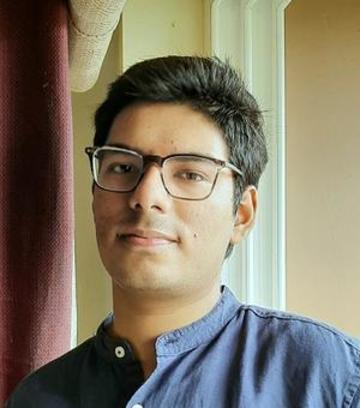
The aim of this article is to complicate and rethink histories of non-Western responses to vaccination, as well as to see how a historical perspective may contribute to contemporary discussions of vaccines within the medical humanities. This is done through a case study approach. The focus of this article is a collection of essays written by a Bengali prophet-astrologer and published during the plague pandemic in Calcutta, British India, at the turn of the twentieth century (1899). While one essay in the collection was critical of the plague vaccine, another essay, in a later section of the same collection, celebrated the vaccine and its developer Waldemar M Haffkine. The first part of the article situates the context of the text’s production, as well as the background of the author. In the second part, it analyses the reasons why the plague vaccine was criticised. In the third part, it looks at how the author celebrated the plague vaccine in a later section of the collection. In the fourth section, it attempts to answer why the astrologer changed his view on vaccination. Finally, in the conclusion, it discusses how this case study intervenes historiographically, and how certain themes raised by the source persist today, reiterating the importance of a historical perspective.
You can read the article here